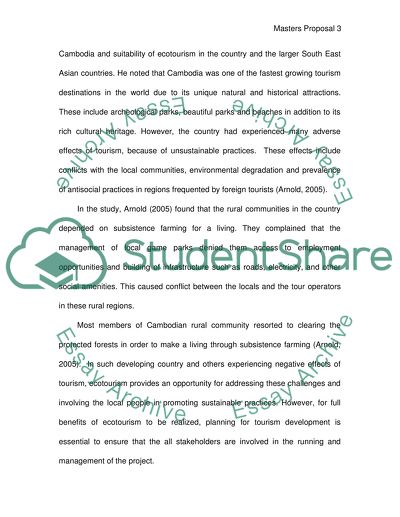Cite this document
(“Master Degree Proposal Admission/Application Essay”, n.d.)
Retrieved from https://studentshare.org/human-resources/1408307-master-degree-proposal
Retrieved from https://studentshare.org/human-resources/1408307-master-degree-proposal
(Master Degree Proposal Admission/Application Essay)
https://studentshare.org/human-resources/1408307-master-degree-proposal.
https://studentshare.org/human-resources/1408307-master-degree-proposal.
“Master Degree Proposal Admission/Application Essay”, n.d. https://studentshare.org/human-resources/1408307-master-degree-proposal.


